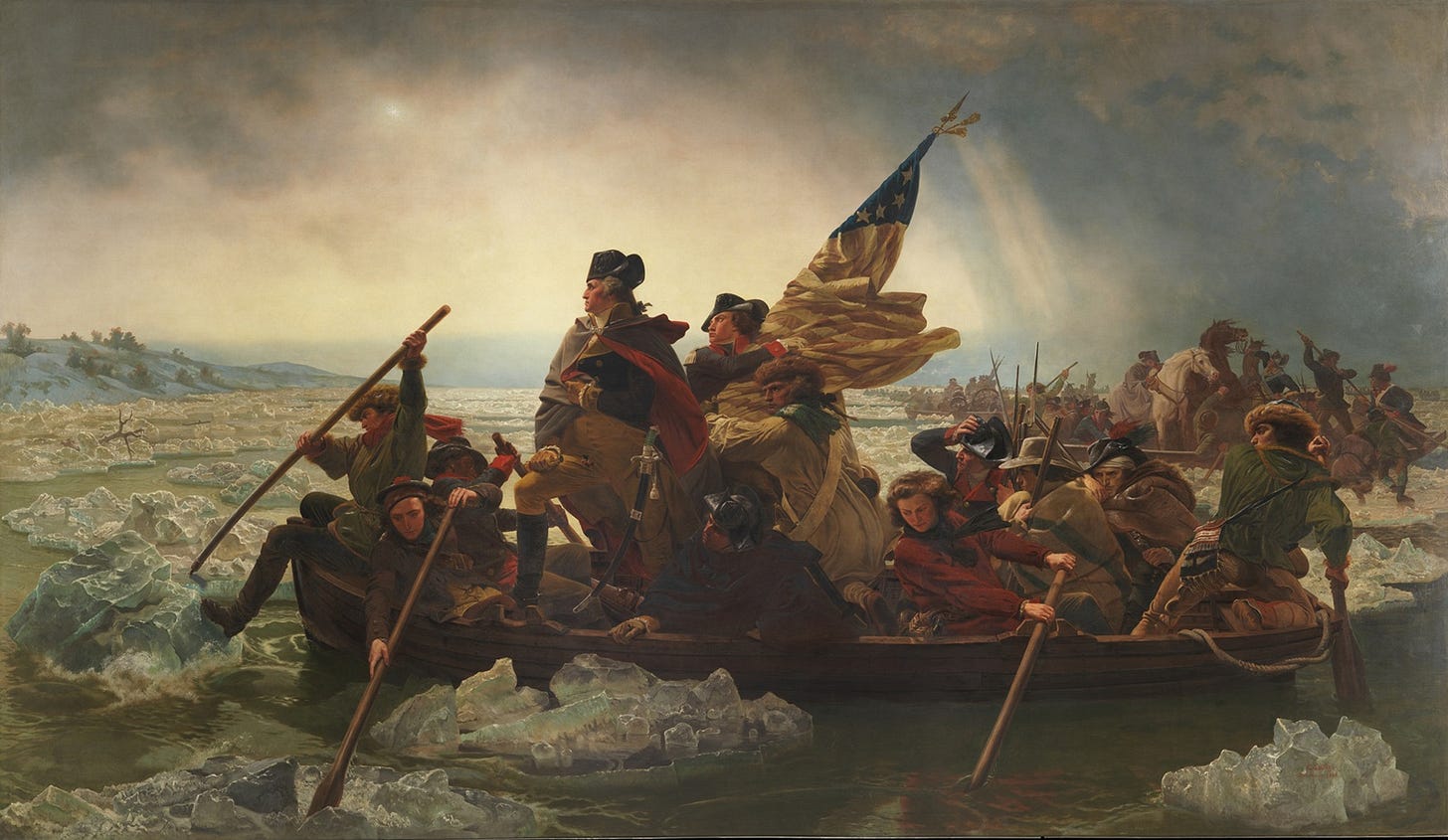Consider with me a sketch of the historical background.
With the rise to social and cultural dominance by the Roman Catholic Church in the High Middle Ages a comprehensive Western European Christendom was established. Civil governments acknowledged the church’s moral and religious authority above them. Christendom was a church-dominated realm.
When the modern state began to take shape around the time of the Reformation and during the centuries that followed, churches became more like co-partners with state governments. Some of the new states did establish churches in their territorial realms while other states continued to look to the Catholic Church or to papal authority for authorization. But by the 19th century most established churches were becoming less influential in public life and were accommodating themselves to a place in society as one among many non-government institutions alongside universities, business enterprises, trade groups, and scientific research operations. States thus became the dominant organizers of society and absorbed much of the authority once held by the church. Modern states became territorial, government-dominated communities that monopolized the use of force and organized every resident under the rule of monarchs or the rule of a basic law.
This was the context in which national identities rose to importance. Many of the states were referred to as nation-states, which assumed that the state was to serve the nation, typically identified as a people with a common social, cultural, linguistic, and religious heritage. Common schools were established in many countries to teach children their national histories as well as maths, reading, and standards of morality. The moral standards were typically derived from their cultural heritage even if the schools were not organized and run by churches. In the United States, which disestablished the church, the moral standards were the cultural heritage of the White Anglo-Saxon Protestant (WASP) majority.
The most important cultural revolution in Western Europe after the Reformation has been called the Enlightenment (18th and early 19th centuries), which fostered a new faith in rationality, freedom, prosperity, and self-determination. At its most radical, the Enlightenment contributed to the French Revolutionaries’ cry, “Neither God nor master,” directed at the prevailing authority of the church and the aristocracy. The Enlightenment’s aim was to free people from bondage to the myths and oppression of those older institutions. That required displacing Christianity in favor of a new religion of human autonomy to be realized through the progress of science.
Between the time of the American and French Revolutions (1776 and 1789, respectively) and the demise of the major European empires during the period between World War I and the late 1900s, nationalism rose to prominence throughout much of the world. Love of and service to the nation, with all that liberated people can achieve, has now gained dominance above churches and states. In much of the world where people have a voice and enjoy a meaningful degree of freedom, they no longer live in church-dominated or state-dominated societies. If they are free to practise a Christian, Buddhist, Hindu, Muslim, or Jewish faith, it is typically exercised as a private institutional matter.
The clearest manifestation of this nationalistic development that I know of as a US citizen is the centrality of WASP nationalism that motivated the majority of the people from the time of America’s revolutionary start to the 1960s. It is nothing less than a civil-religious nationalism to which governments and churches have been culturally subordinate. Famed British author G.K. Chesterton commented in 1922 that America is “the only nation in the world founded on a creed.” American historian Sidney Mead titled his 1975 book, The Nation with the Soul of a Church. It is not the Constitution’s institutions of government that American politicians have in mind when they say, “God bless America,” or when the people celebrate the Fourth of July. Government is a mere means to the end of advancing the American nation.
That sense of American identity accentuates the article of faith that the people are sovereign and the government is their servant. Political candidates for state and federal offices of government ask voters what they want and then pledge to “deliver the goods” for them in order to win their vote. Something similar has been increasing in the practice of many churches that want to recruit more members. They take surveys in neighborhoods to find out what people want from a church and then shape the church’s offerings to try to attract those people.
The origin of America’s civil-religious nationalism goes back to the Puritan colonists who settled “New England” in the 1600s and modeled themselves and their colony after the biblical Exodus story: courageous Puritans, pledging covenantal troth to God, took their exodus from oppression in Britain (Egypt), crossed the Red Sea of the Atlantic, and entered a new Promised Land where they would build a City on a Hill to serve as a light to all nations.
In the decades to come that story became influential throughout the thirteen colonies, undergirding the rallying cry of the Revolution that the people — the American nation — should gain their independence from the British Crown and parliament. The not-yet-politically-reconstituted people identified themselves as God’s chosen nation, a new Israel, and a light to the nations. The language of that self-interpretation was clearly a religious declaration, the creed of a nation not of a church. Moreover, the divinity in that founding myth is America’s god, not the God of Abraham, Isaac, Jacob, and Jesus, the Christ.
What most Americans of European descent do not realize is that the reality behind this WASP civil-religious founding myth provoked the creation of a second, counter interpretation of the same biblical Exodus story. Long before the Revolution of 1776, the slaves had begun to sing songs of suffering and of hope for liberation. After the Declaration of Independence was drafted, the slaves latched on to its affirmation that all people are created equal. Quite obviously, their telling of the story directly countered the WASP telling. The exodus from slavery would have to take place within the Egypt of America. The Pharoah was the slave owner, not a foreign monarch. The promised land would be this land after its reconstitution in tune with the Declaration of Independence when all people are treated equally under the law and can live together in freedom.
One can see from this brief sketch how deeply religious the competition between these two belief systems has been from the time of the Revolution to our day. The WASP myth dominated the culture and politics; the songs of the slaves and post-war Blacks were sung under oppression, praying for a future liberation. But after the civil-rights reforms of the 1960s, the first civil-religious myth lost its taken-for-granted dominance. The struggle between mutually exclusive ideals of what America should be intensified, generating hot and angry culture wars. Rumbling, gurgling magma was rising toward a volcanic eruption that started with the election of a black president, Barak Obama, and exploded further when Donald Trump was welcomed by a large minority spouting his ugly reinterpretation of WASP civil-religious nationalism. He promised to recover the original America that had been stolen by the evil, un-American, anti-American left.
To whatever extent the two civil-religious exodus stories have been clouded and twisted, and regardless of how much the arguments over racism, abortion, gender identity, the climate crisis, immigration, gun possession, and more have been turned into weapons of political conflict, the mounting antagonism is not merely emotional, academic, linguistic, or economic. It is a battle for control of the power to define the American nation’s identity in relation to its god.
The major involvement of many so-called Evangelicals in a movement called “Christian nationalism,” is just one evidence of the failure of Christians to live by and understand biblical faith. Biblically speaking, Christianity is a way of life that manifests allegiance to Christ’s supremacy over all things throughout the world – politics, economics, family life, and science/technology included. There is no biblical justification for adopting false gods to justify the practice of civil-religious nationalism, which many Christians believe fits hand-in-glove with Christianity.
The engagement of Christians in politics should begin with repentance from all civil-religious nationalisms and the encouragement of a modest patriotism. Christian civic engagement must acknowledge government’s high calling before God to establish and uphold public justice. Government is not a mere means to the end of nationalist ambitions. The just and fitting actions of governments are among the most important expressions of God’s command to love our neighbors as ourselves.
The actions of Christ’s followers are to be like that of God who sends rain and sunshine on the just and unjust alike (Matt 5:43-48). In this age of God’s patient rule through Christ, the good grain and the weeds must be allowed to grow up together until the Lord decides it is time to separate them (Matt 13:24-30, 36-43). Any nationalism of exclusion is unbiblical. All vengeance-taking is anathema (Rom 12:17-21; 13:1-4). Upholding public justice means guarding against and overcoming public injustice. That is the proper divide that public laws and their enforcement should uphold, not the divide between one group of citizens against another.
James W. Skillen co-founded and directed the Center for Public Justice from the late 1970s to 2009. He is the author of numerous books and articles, including The Good of Politics; In Pursuit of Justice: Christian-Democratic Explorations; and Recharging the American Experiment: Principled Pluralism for Genuine Civic Community. He and his wife Doreen live in Birmingham, Alabama.






